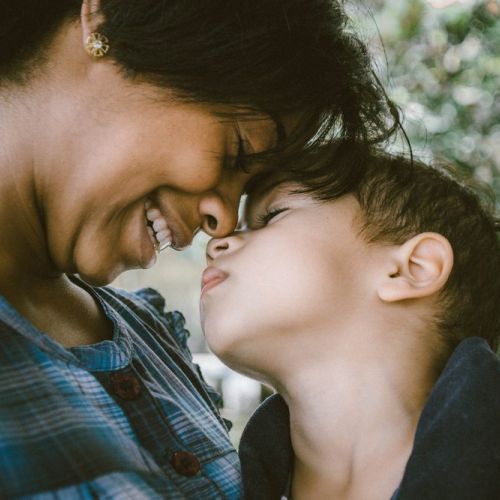
Gynaecological cancer research
Unlocking the secret hidden in genes

Dr Tracy O'Mara
Tracy’s research grant is co-funded by Cancer Australia through the Priority-driven Cancer Support Scheme.
Her second year is 50% funded by The Can Too Foundation.
Tracy is a researcher at the QIMR Berghofer Medical Research Institute, and has been involved in cancer research since completing her Honours Degree in 2005. After being awarded an NHMRC Early Career Fellowship (2016-2019), she has focused her research on the discovery of genetic variants that predispose women to endometrial cancer (cancer of the uterus lining). She now leads the Endometrial Cancer Association Consortium, which holds data and genetic samples from more than 12,000 endometrial cancer patients from seven countries including Australia, United Kingdom and the USA.
Tracy recently led the largest genetic study of endometrial cancer, identifying 16 genetic markers which predispose women to the disease. She has a keen interest in cross-cancer studies, particularly in relation to the identification of genes that could be targeted using existing drugs, or are suitable for new drug development to provide new treatment options available to gynaecological patients.
Dr Tracy O'Mara's research
Ovarian and endometrial cancer respectively represent the most lethal and common gynaecological cancers in Australia. Tracy is combining genetic data from both diseases to identify changes in genetic sequences that predispose women to them. Her preliminary analyses have found several genetic markers that appear important for both diseases. On the basis of this work, Tracy was selected as a semi-finalist for the Charles J Epstein Award for Excellence in Human Genetics Research at the 2018 American Society of Human Genetics Annual Meeting in San Diego.
The net result, she hopes, will be more effective treatments and new drugs. “The work will provide the foundation for us to discover genes that reduce cancer risk and provide potential targets for drug repurposing, using medications currently in use to treat other diseases,” explains Tracy.
She was recently awarded an NHMRC Project Grant (2019-2020) to continue to develop her ovarian and endometrial cancer cross-cancer research.
The importance of funding
Tracy views the Cure Cancer grant as a significant professional milestone that will allow her to form a solid foundation of work, and will hopefully lead to further funding.
“I feel fortunate to be able to pursue novel research in an area I’m passionate about, which wouldn’t have been possible without this grant,” she says. “It’s so important to back early-career researchers. We’re the future! Young researchers have some incredibly interesting and novel ideas which can really drive change.”
"People close to me have been diagnosed with cancer, and that really drives me to work harder and develop drugs that will ensure better outcomes for anyone affected."
Related Blog Posts

Cure Cancer lights up for World Cancer Day: 4 February 2026

Immunotherapy and precision medicine in breast cancer: Two p...

Sarcoma: The forgotten cancer that is commonly diagnosed in ...

Lunch & Learn series
Find out about the latest developments in cancer research first hand from our researchers and the impact of your support.
We take on every cancer
Cure Cancer funds ground breaking research across every cancer, no matter the size or rarity.
We aim to maximise our impact, save millions of lives, and leaves no one behind.

Our research grant program
We are dedicated to funding new innovative cancer research projects, giving talented emerging cancer researchers the opportunity to pursue their innovative ideas across diverse areas of cancer research.
Through our Research Grants Program, we commit to back new ideas from the most brilliant minds in cancer research.
Let's stay in touch
To receive updates on our work, campaigns and our impact in cancer research, subscribe to our newsletter.














